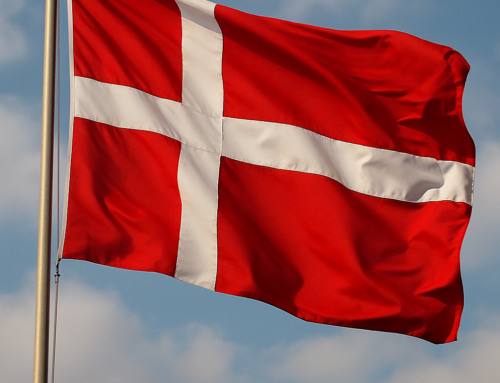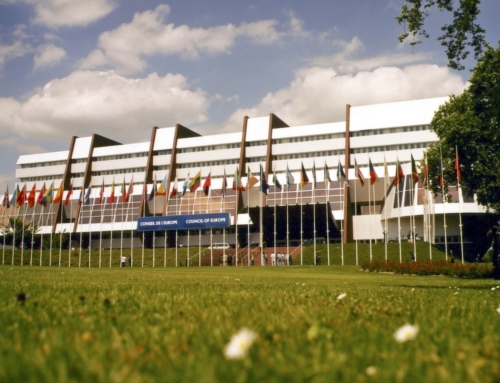30 March 2021
On the 24th of March 2021, the European Commission published the EU Strategy on the Rights of the Child and proposed a Council recommendation on a European Child Guarantee. The two documents aim to offer a comprehensive protection of children from various risks in life.
In 2019, 22.2% (nearly 18 million) of children in the EU lived in households at risk of poverty or social exclusion.
The Commission proposal to establish a European Child Guarantee is a first step to prevent and combat the social exclusion of children in need. The proposal identifies several key services that should be available to all children: access to early education and care, health care, healthy nutrition, and adequate housing. After adoption by the European Parliament and the Council, the proposal will become a Council recommendation, which, while respecting the first Member-States’ competence, will advise Member States to make the best use of EU and national funding to address the social exclusion of children.
It is to be welcomed that the proposal includes the family as key to addressing the needs of children. The policy framework introduced calls to “address effectively the needs of children and their families”. Parents are also specifically mentioned when it comes to “ensure adequate policies and resources, including through labour market integration measures for parents or guardians and income support to families and households”. Logically, child poverty evinces family poverty; thus, supporting families is a direct means of protecting children from such risks.
In addition, the policy actions proposed by a European Child Guarantee aim to develop policies “in particular at regional and local level and through educational establishments, trained mediators, family-support services, civil society and social economy organisations.” In that respect, family associations remain key actors in the fight against family poverty and exclusion through the networks of solidarity they create.
On the other hand, the EU Strategy on the Rights of the Child sets out an ambitious vision for increasing protections for children across a wide variety of issues. The Strategy identifies six areas of focus: participation in political and democratic life; socio-economic inclusion, health, and education; combating violence against children and ensuring child protection; child-friendly justice a safe digital and information society; and supporting children in these areas globally as well.
The Strategy does not constitute a new legal instrument for the European Union and its institutions, but rather outlines how the EU will direct and prioiritise the spending of existing funds to meet its obligations to existing European and international treaties. It is to be noted that, in a welcome departure from previous discussions and documentation on the subject, the new Strategy works to transform the system of child support from one based on institutions to one based on family and community organisations. The Strategy also recognises the family as an irreplicable bulwark against both domestic violence and violence against children. Last, the Strategy holds up the family as the model for integrated child protection systems.
In a context of pandemic and increased challenges for the education and the safety online and offline of children, families need more than ever to be supported in their role and responsability. Parents provide a great investment for the wellbeing of their children, often with weak public support, and remain the first respondents to their needs. Their commitment must be recognised.
Read our last contribution to the public consultation of the EU Strategy on the Rights of the Child







